SNIFFER dogs can detect Covid more quickly and accurately than rapid tests, a bombshell new British study has found.
Pooches’ super-sensitive noses can smell even tiny traces of the virus in people with no symptoms, with 94 per cent accuracy.

Read our coronavirus live blog for the latest updates
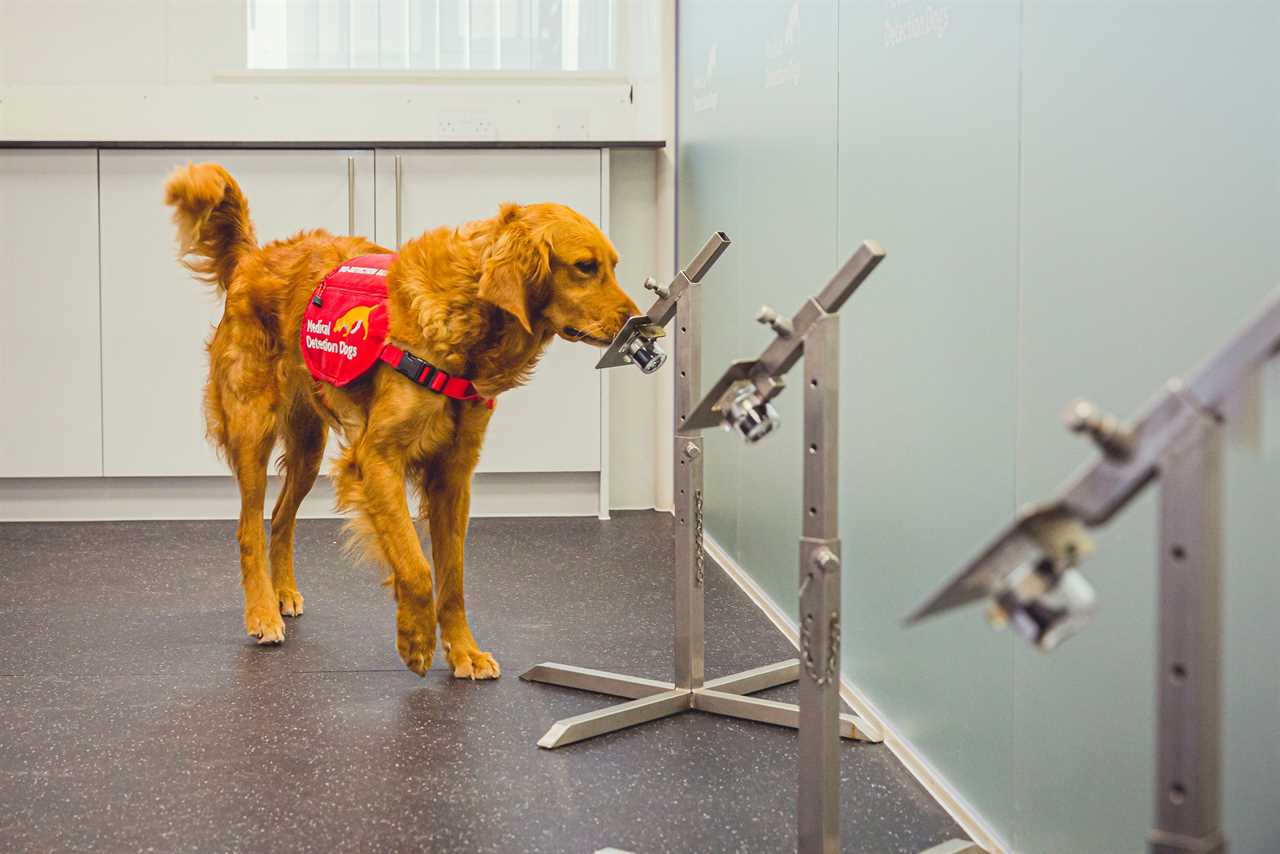
Trained dogs could soon be used to screen passengers at airports to stop dangerous new mutations like the Indian variant from coming into the country.
They could also be used the entrance to football stadiums, pubs, cinemas and other crowded venues to help ditch masks and social distancing.
Researcher Prof Steve Lindsay, from Durham University, told Trending In The News: “These results are fantastic and very exciting.
“At the start of the pandemic we didn’t even know if Covid had a smell, so we decided to investigate.
“We’ve discovered Covid has a very distinctive smell, and more importantly that dogs can be trained to pick it up with a very high degree of accuracy.
“What amazed us was that the dogs can detect Covid even in people with a very mild infection who have no symptoms.
“These dogs could be deployed anywhere to quickly and efficiently screen large numbers of people – at airports, pubs, theatres, cinemas and sporting events like football matches and Wimbledon.”
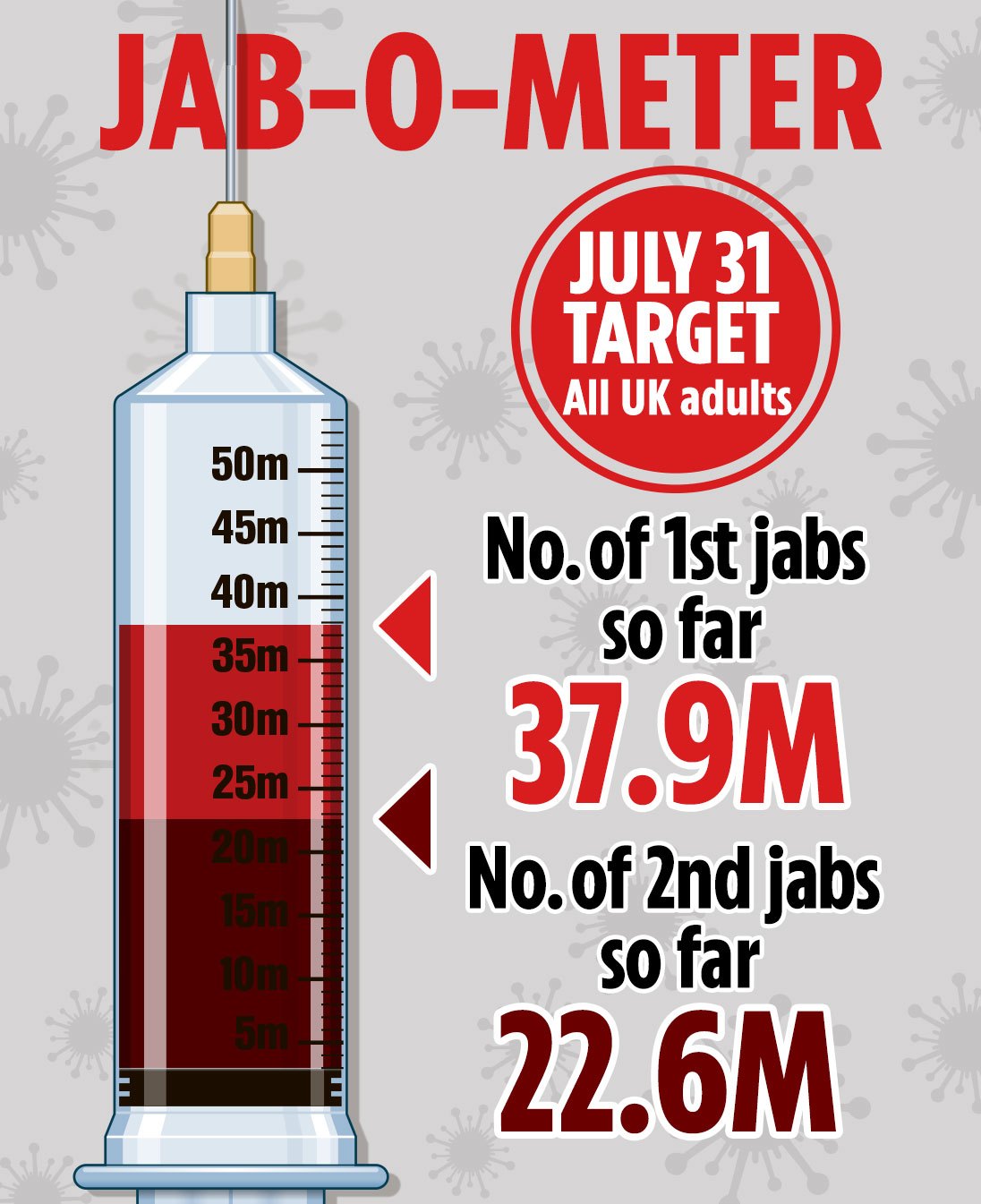
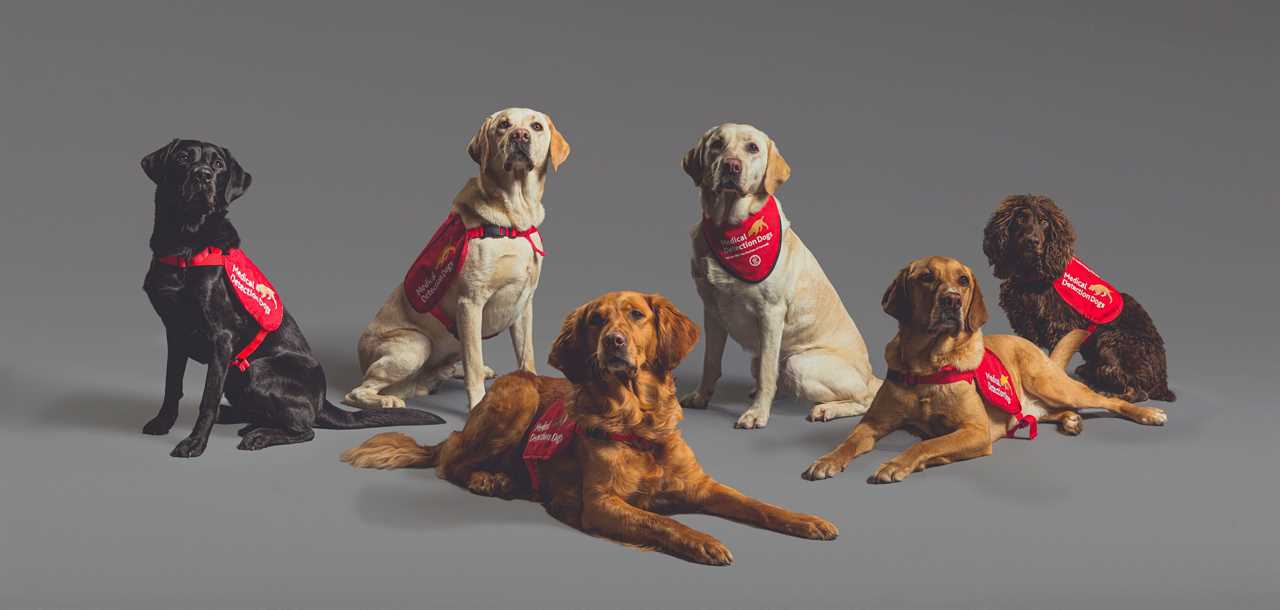
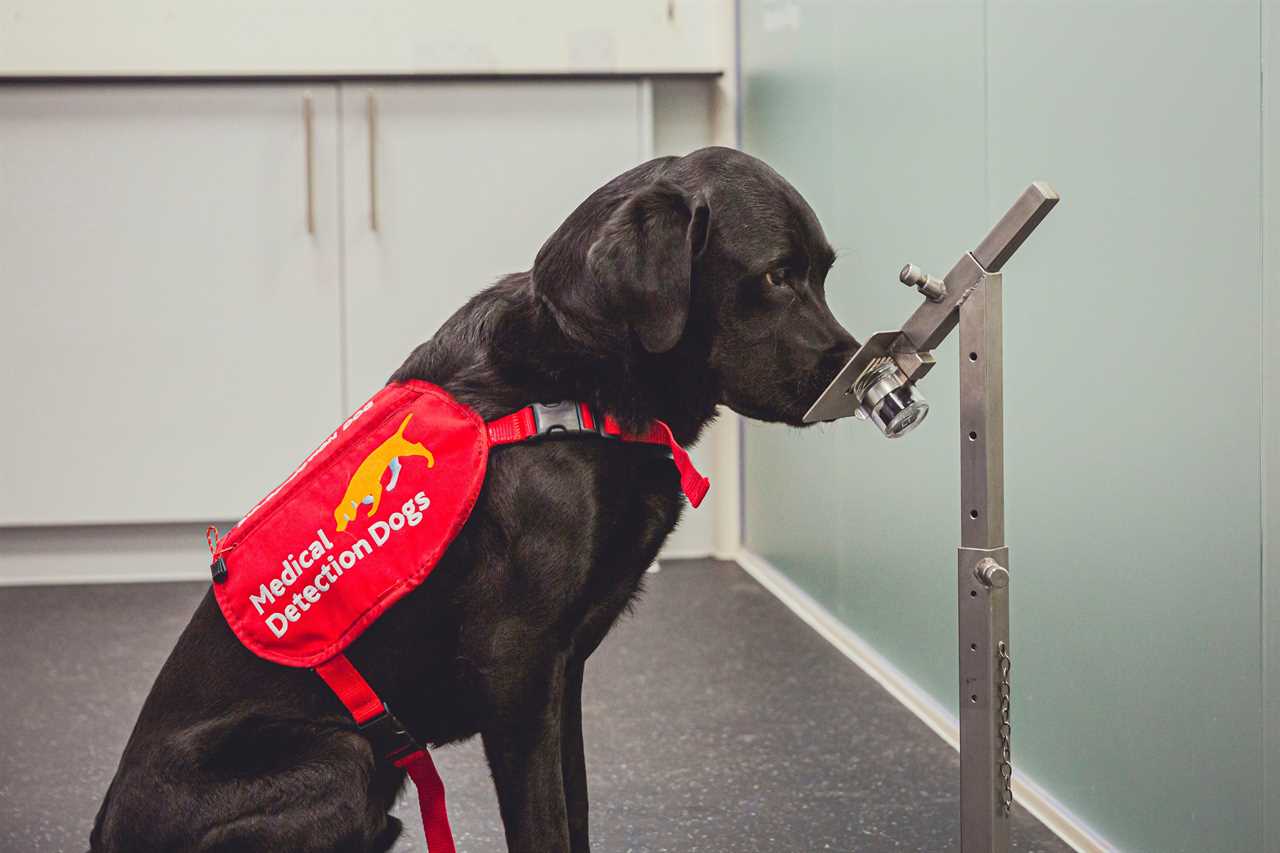
Scientists found that dogs can be trained to identify the smell of Covid and alert their handler if they detect it, like drugs or explosives sniffer dogs.
They trained six dogs – labradors Lexie, Tala and Marlow, cocker spaniel Asher, golden retriever Millie and labrador/retriever Kip – using tiny Covid samples the size of a 50p coin.
The success of the study could mean the end of fiddly, time-consuming and unreliable rapid-flow tests, which have an accuracy rate of just 58 to 77 per cent.
Recent trials at big events like the FA Cup final have relied on spectators testing themselves at home and honestly reporting the result.
The current system also assumes that no one will catch Covid during their journey to the stadium.
But even during early trials, the sniffer dogs were able to detect tiny samples of Covid from six inches away.
Prof Lindsay said that once they get their confidence up, the dogs should be able to smell it from much further.
A single trained dog can screen 300 people an hour. It means 300 dogs could “test” the entire 90,000 capacity of Wembley Stadium in the space of an hour.
The research, part-funded by the Department of Health, was carried out by the London School of Hygiene & Tropical Medicine, Durham University and Medical Detection Dogs.
Dr Claire Guest, chief scientific officer at Medical Detection Dogs, said: “These fantastic results are further evidence that dogs are one of the most reliable biosensors for detecting the odour of human disease.
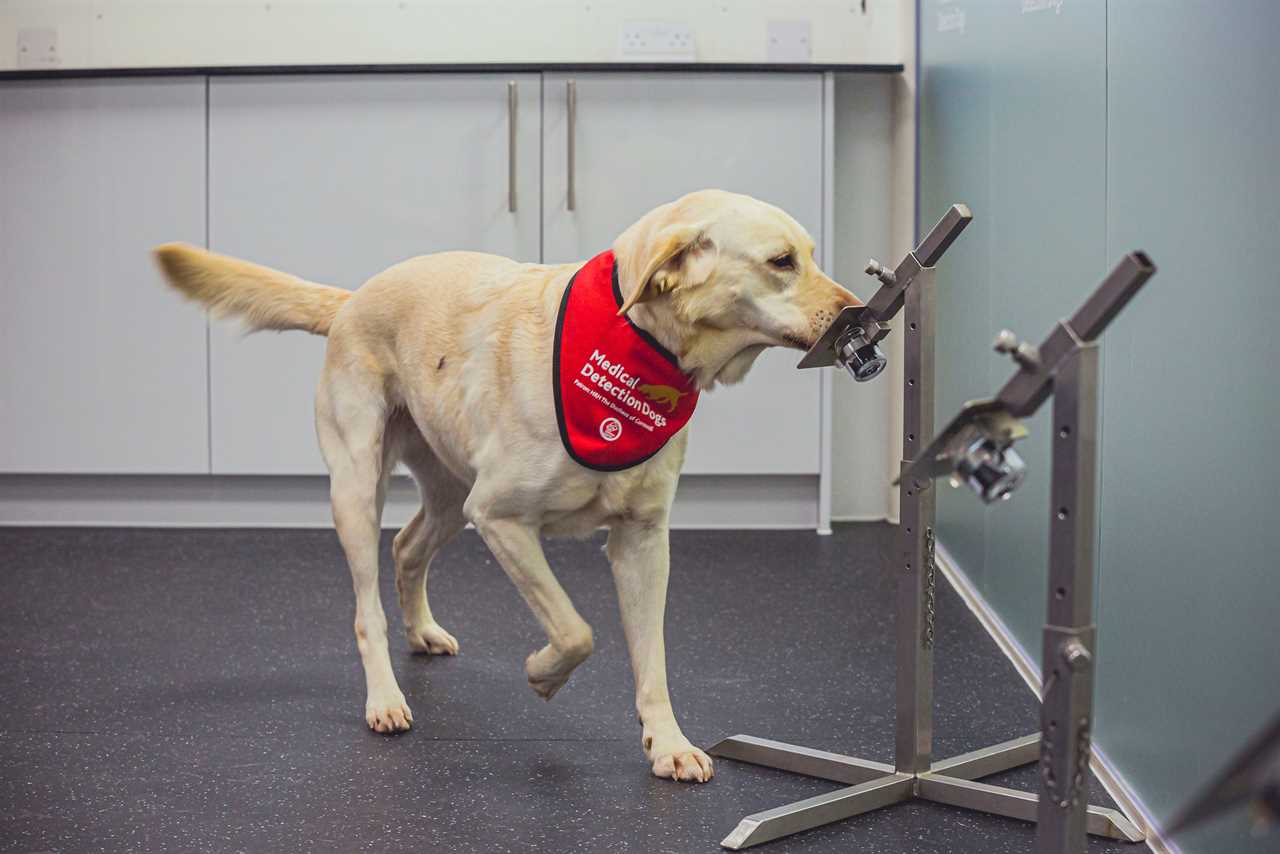
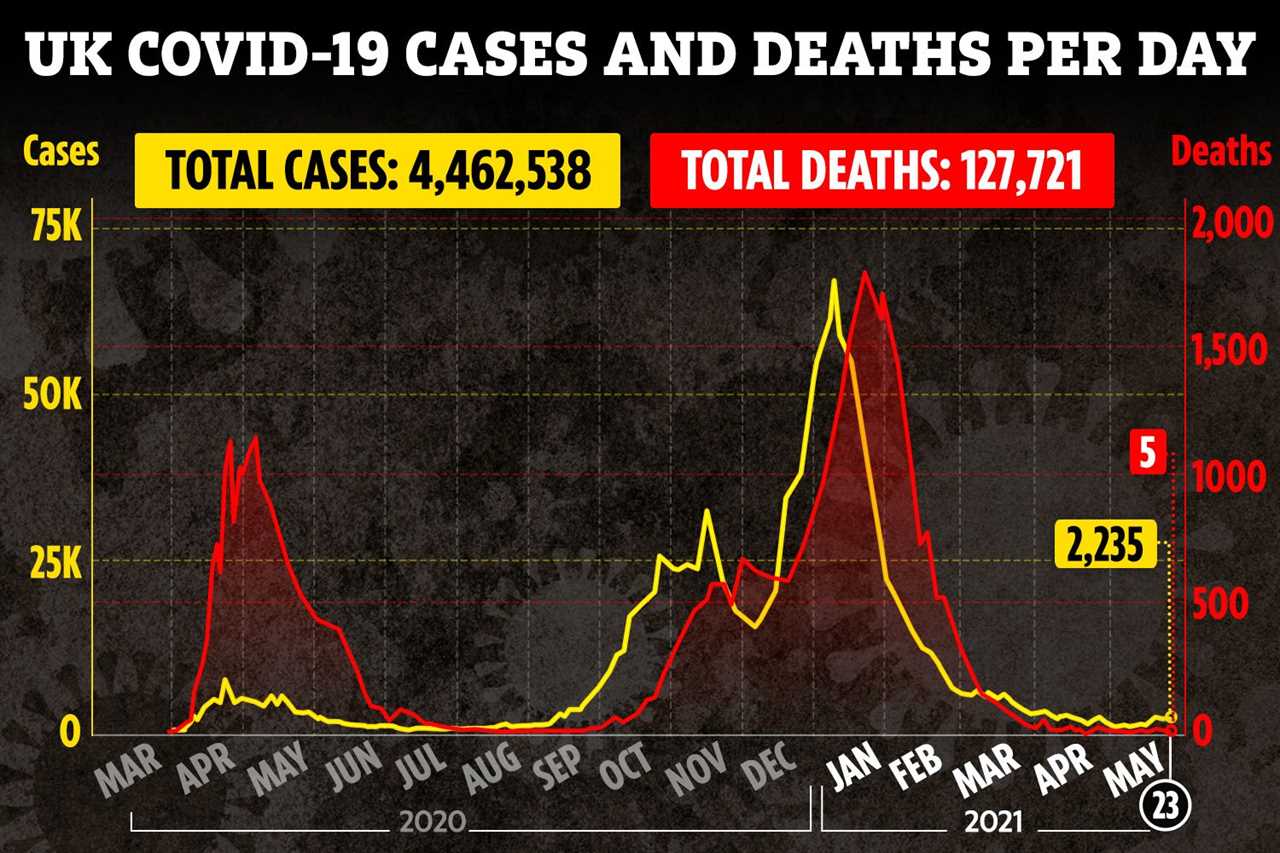
“Our robust study shows the huge potential for dogs to help in the fight against Covid.
“Knowing that we can harness the amazing power of a dog’s nose gives us hope for a return to a more normal way of life through safer travel and access to public places, so that we can again socialise with family and friends.”
PCR tests are considered the “gold standard”, with 97.2 per cent sensitivity and 90 per cent specificity. However, they are even more time-consuming and invasive than rapid-flow tests and require processing in a lab.






